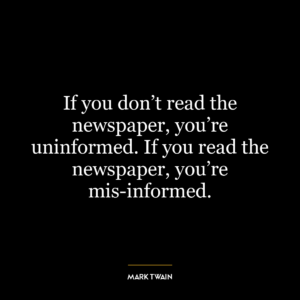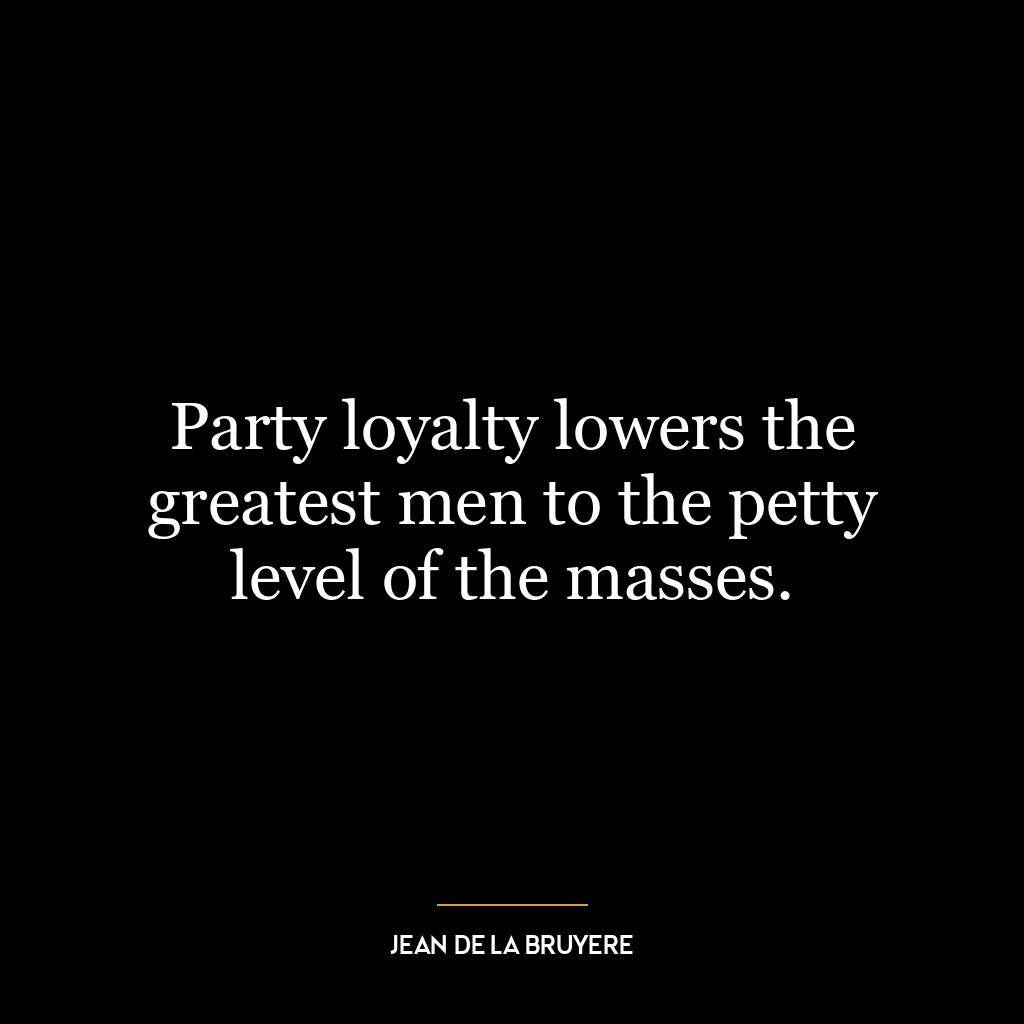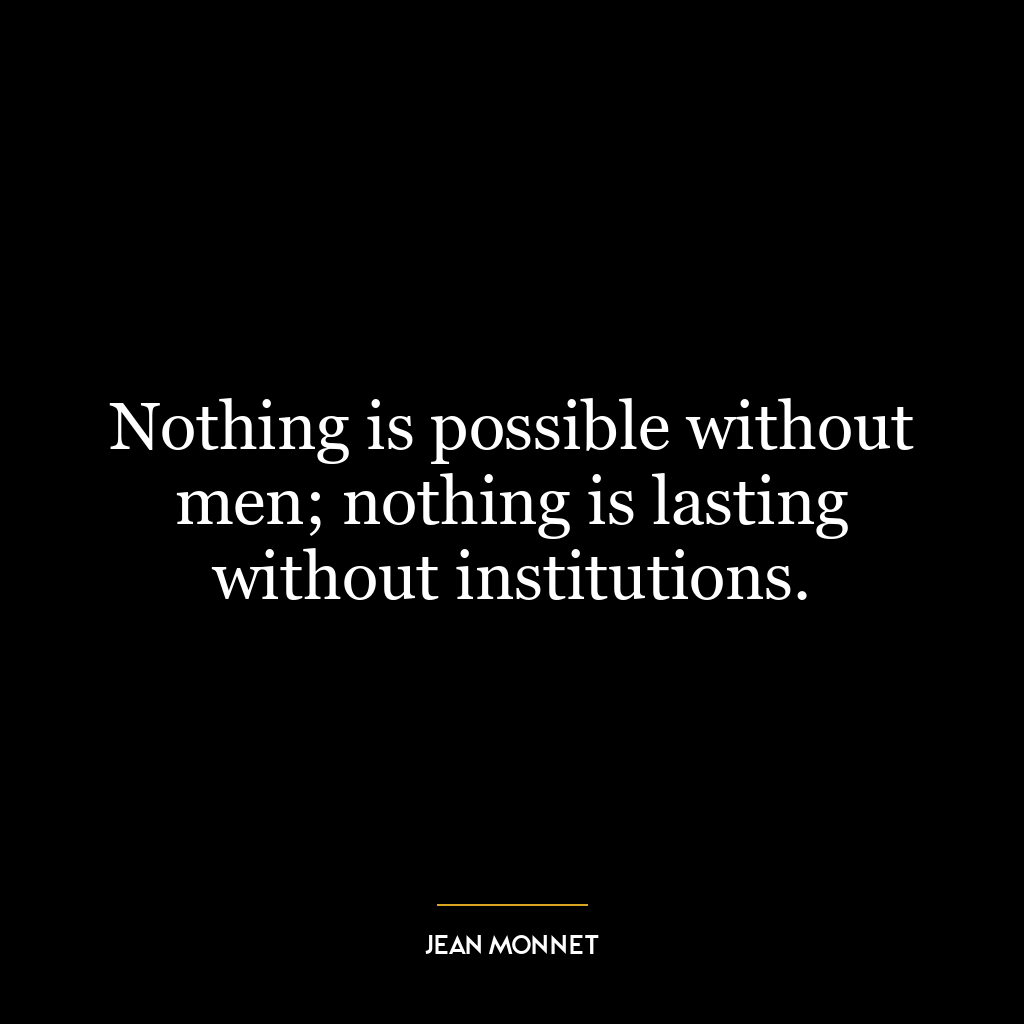My kind of loyalty was loyalty to one’s country, not to its institutions or its office-holders.
This quote emphasizes the distinction between loyalty to one’s country as an entity, its cultural heritage, its people, and its core values, versus loyalty to its institutions or those who hold office. The latter refers to government bodies, bureaucracies, and politicians. Twain suggests that true patriotism isn’t about blind allegiance to the government or its leaders, but rather a deep-seated commitment to the ideals, principles, and people that make up one’s nation.
Applying this to today’s world, one could argue that it is more important than ever to distinguish between these two forms of loyalty. In an era where political polarization is rampant, many people equate criticism of the government or its leaders with disloyalty to the country itself. However, according to Twain’s perspective, such criticism can be a form of patriotism if it stems from a desire to uphold the country’s core values and improve the nation.
In terms of personal development, this quote could be seen as a call to prioritize principles over personalities or institutions. It encourages individuals to remain true to their values and beliefs, even when they might be in conflict with those in power or mainstream opinion. It speaks to the importance of critical thinking, personal integrity, and the courage to stand up for what one believes is right, regardless of external pressures.









